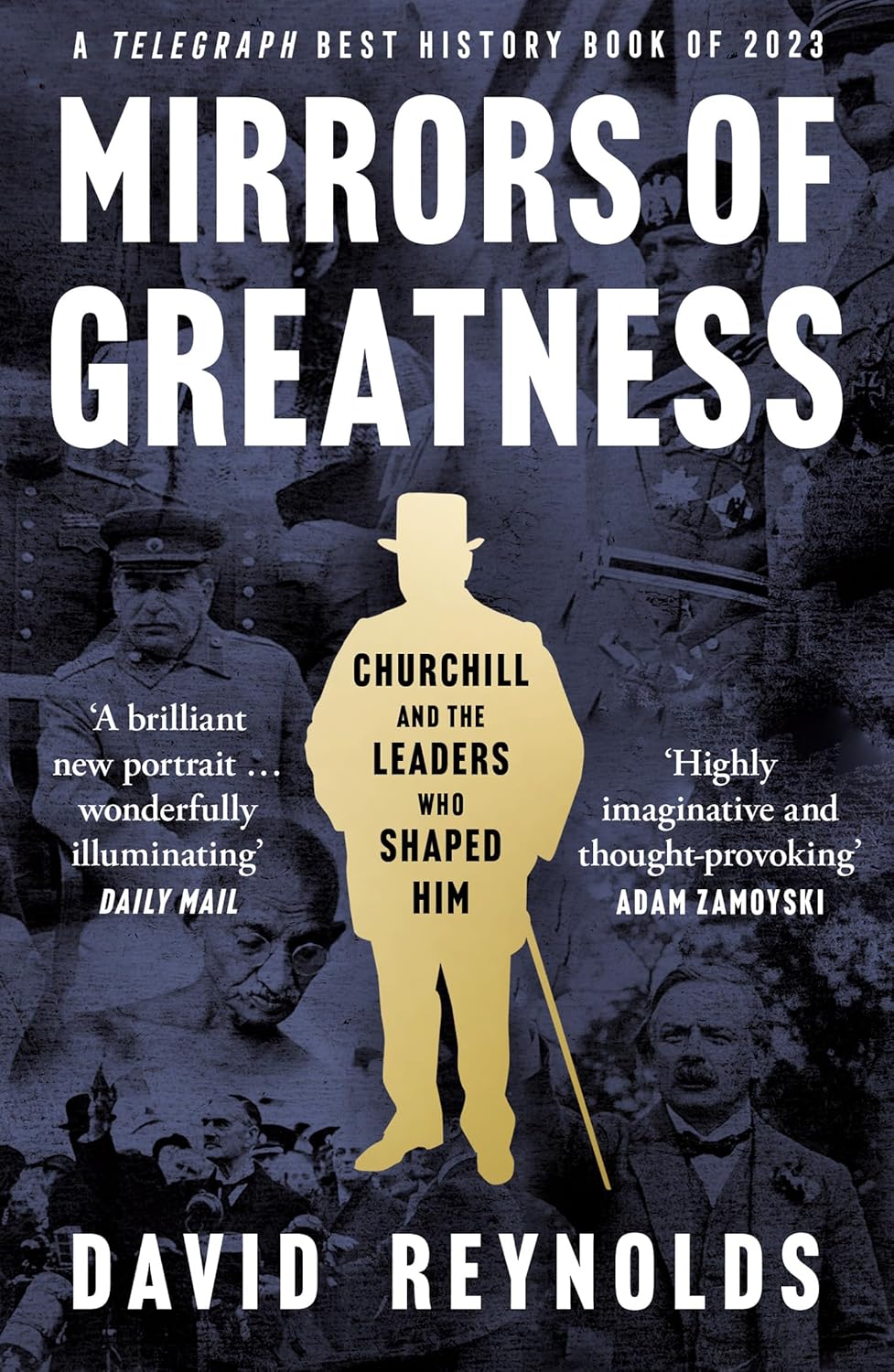Mirrors of Greatness Churchill and the Leaders Who Shaped Him
David Reynolds is the award-winning and bestselling author of twelve history books and Professor of International History at Cambridge University (Christ's College). He was elected a Fellow of the British Academy in 2005. His book awards include the Wolfson Prize and the PEN Hessell Tiltman prize. David has written and presented critically acclaimed films and documentaries for both BBC TV and Radio 4. ... Read more Read less
A TELEGRAPH BEST HISTORY BOOK OF 2023
‘A highly imaginative and thought-provoking way of exploring the personality of a
man who, like him or loathe him, left an indelible mark on our age’ ADAM ZAMOYSKI
Winston Churchill followed his own star. He yearned to be ‘great’, to gain historical
immortality. And he did so through deeds and words: his actions as a soldier and politician,
gilded by his writings as a journalist and historian.
But Churchill’s path to greatness was also defined by the leaders he encountered along the way –
friends and foes, at home and abroad. Men of power such as Hitler and Mussolini, Roosevelt and
Stalin, David Lloyd George, Neville Chamberlain and Charles de Gaulle. And the haunting presence
of the adored father who had seen nothing of merit in his troublesome son. In these men Churchill
discerned greatness, or its absence, in ways that influenced his own career.
This book includes some whom Churchill would not have deemed ‘great’, but who – in our own day –
offer alternative mirrors of what that word might mean. Mahatma Gandhi, who infuriated Churchill by
exploiting the power of powerlessness. Clement Attlee, whose heretical vision of ‘Great Britain’ was
socialist and post-imperial. And his darling Clementine, channelling her ‘pinko’ sentiments to become
Winston’s essential helpmate and most devoted critic.
Mirrors of Greatness offers vivid new perspectives on Churchill’s life and work, showing how this
unique man – with dazzling gifts and jagged flaws – learned from his ‘great contemporaries’ and what
they saw in him.
... Read more Read less










